Geo-Economic Impacts of the Ukraine War and its Implications for the G7 Hiroshima Summit
Geo-Economic Impacts of the Ukraine War and its Implications for the G7 Hiroshima Summit
On Nov. 29, 2022, the Reischauer Center hosted a panel discussion on the ongoing impacts of the Ukraine War and its implications for the upcoming G7 Hiroshima Summit.
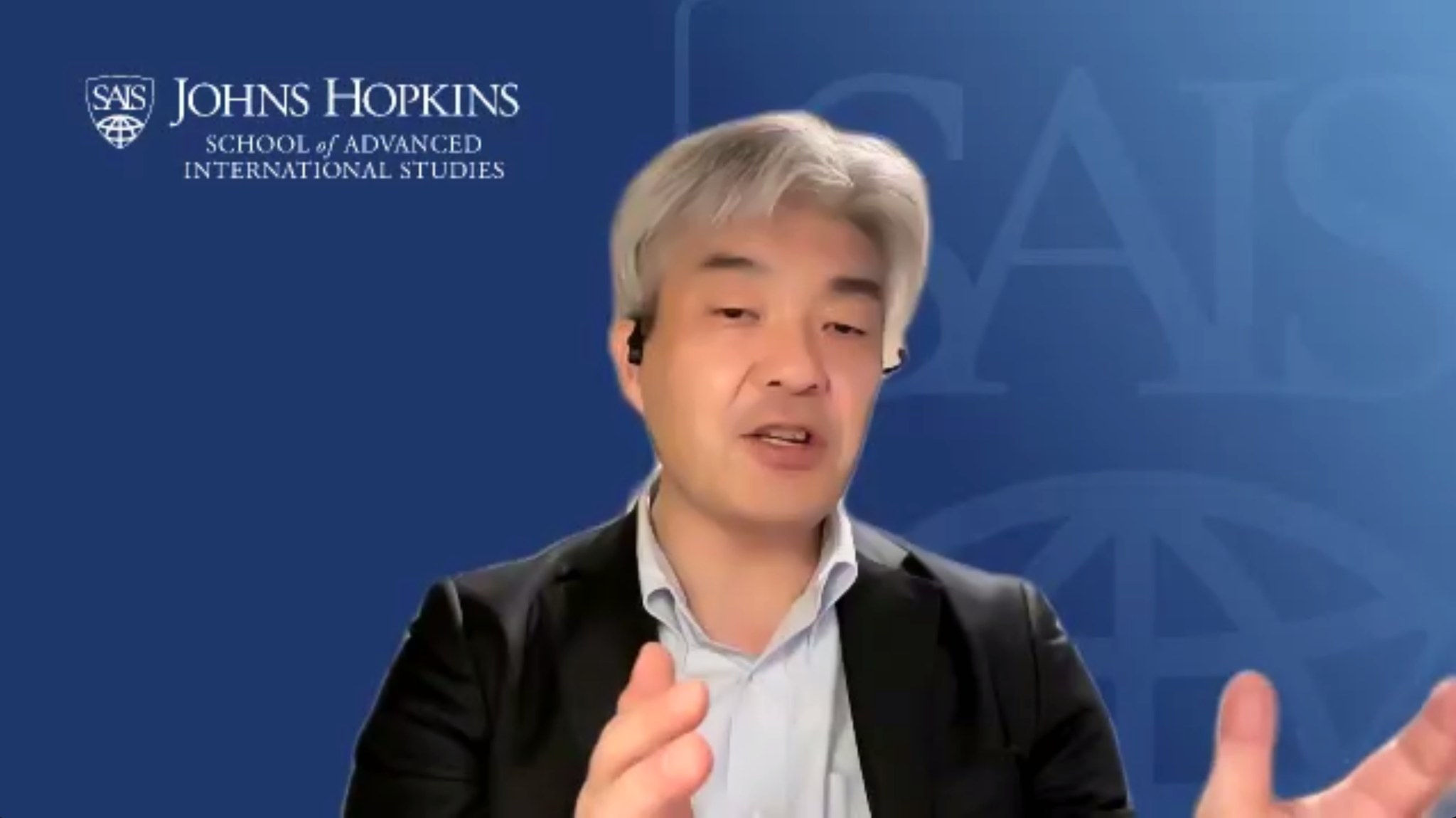
The panel was moderated by our very own director, Dr. Kent Calder. It included speakers from the University of Tokyo’s Graduate School of Public Policy (GraSPP), the Reischauer Center, and the Foreign Policy Institute. This panel of distinguished academics and practitioners provided a number of different perspectives on this situation and its impacts. Kuni Miyake, Special Advisor to the Cabinet of Fumio Kishida and President of the Foreign Policy Institute, opened our discussion by discussing the difficulties in correcting the inevitable mistakes made by national leaders, as well as the far-reaching impacts of those mistakes. He highlighted this by discussing the importance of looking towards the past for a better understanding of what these impacts may be, and how to recover from them. Professor Keisuke Ida, Dean of the Graduate School of Public Policy at the University of Tokyo, followed that by discussing the role of global economic stability (and the degradation thereof) in determining the course of global history and conflict.
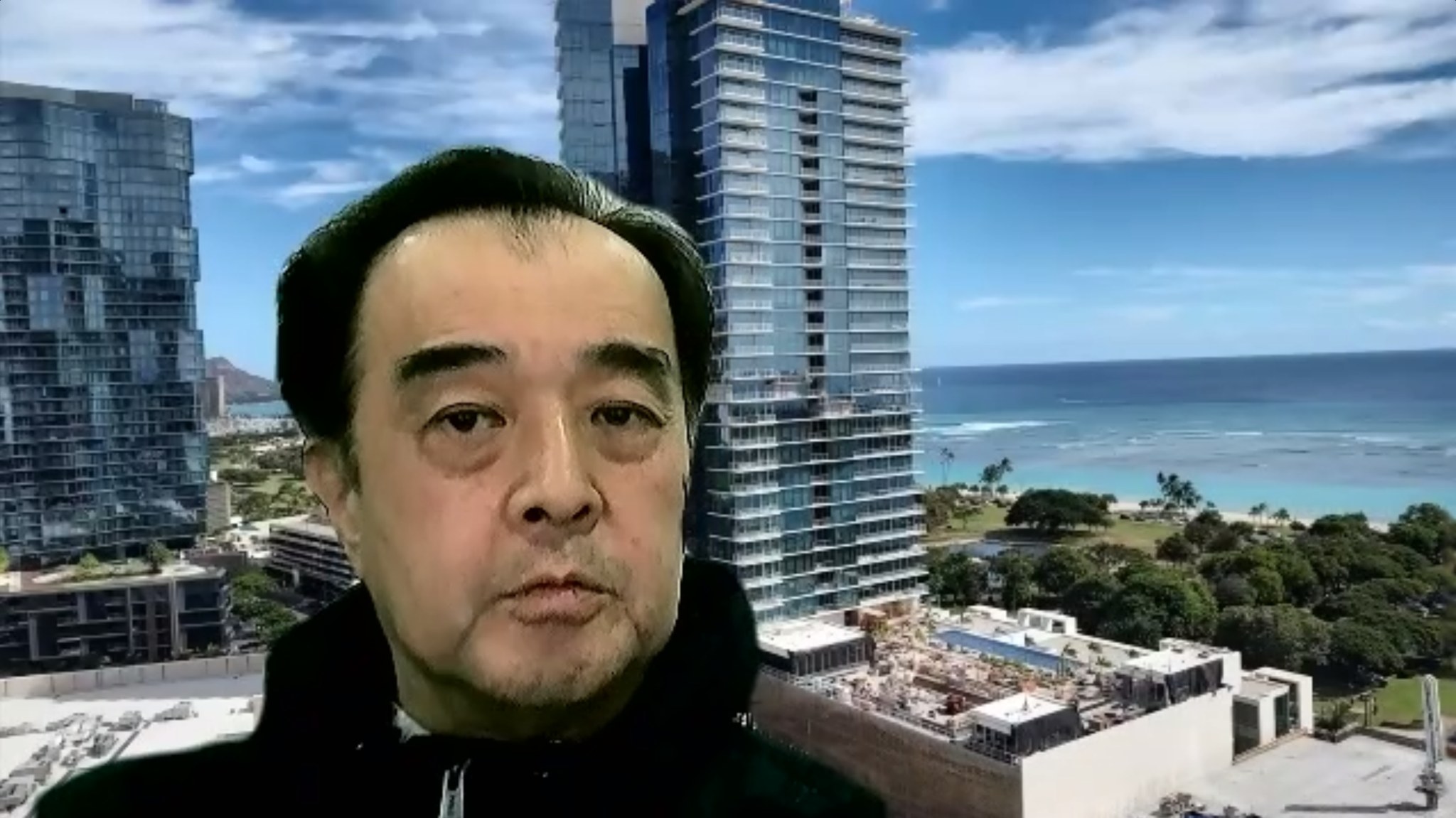
Following this, the discussion transitioned toward the interconnected nature of the global security environment, with comments from Mr. Miyake. Continuing on that line of thought, Ambassador David Shear of the Reischauer Center discussed the role of actions taken by US security allies, sanctions, and the impacts of Russia’s nuclear threats in determining future Chinese courses of action. He also offered policy recommendations for the G7, as to how to prevent further global escalation. Following this, Professor Akio Takahara from the University of Tokyo’s Graduate School of Law and Politics discussed the Chinese perspective on Russia’s decision to invade Ukraine. He also expressed the importance of considering human security in the Global South, moving forward.
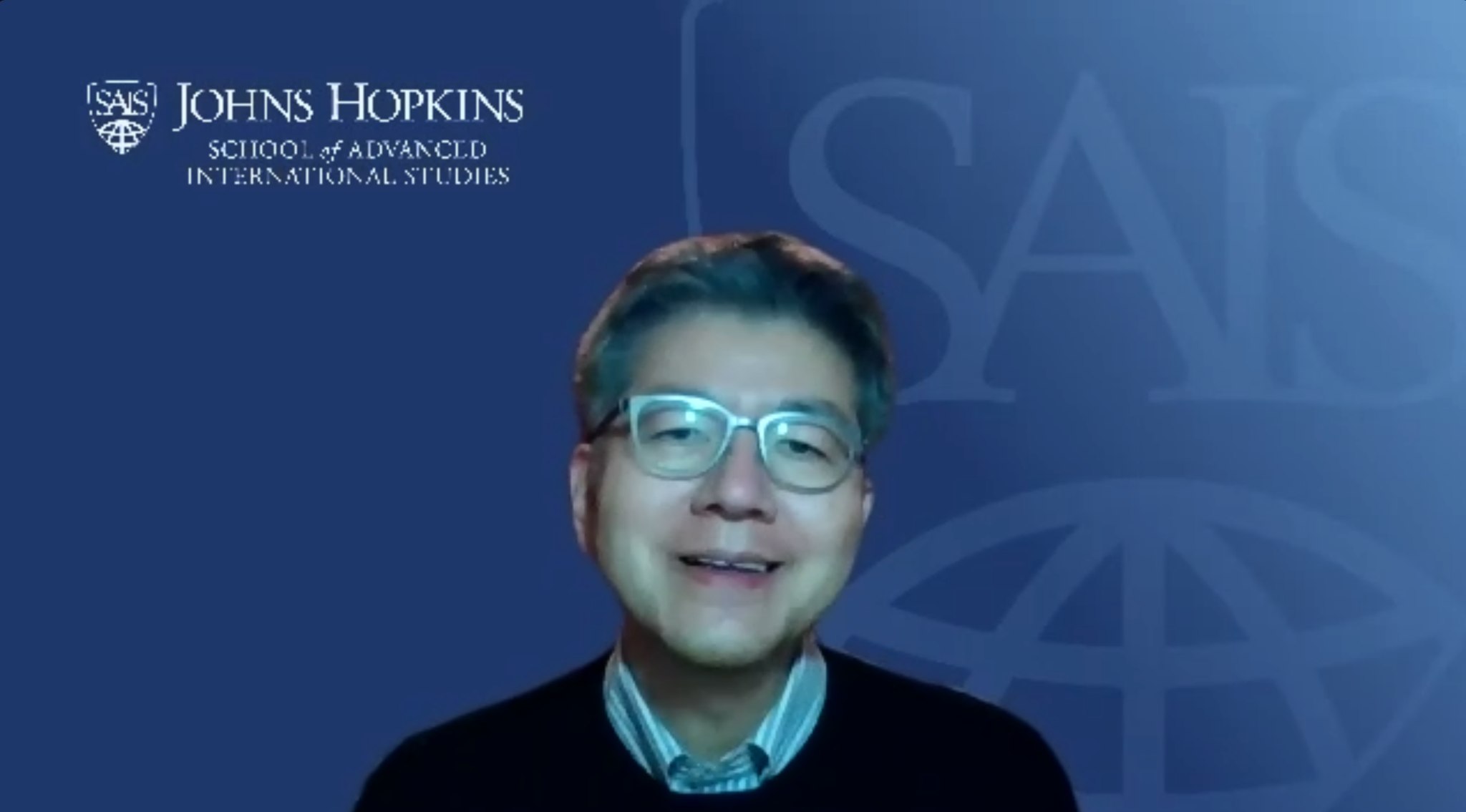
The next speaker, Dr. William Brooks from the Reischauer Center, focused on the impact the invasion has had on Japanese foreign policy and public opinion both within the context of Asia and globally. He concluded his portion by discussing the increasing importance of the G7 in global agenda-setting. To conclude the primary discussion, Professor Kazuto Suzuki from Tokyo University’s Graduate School of Public Policy summarized the broader context behind the different aspects we discussed throughout the panel. His finished by highlighting the importance of global interconnected economic activity in driving the global security environment.
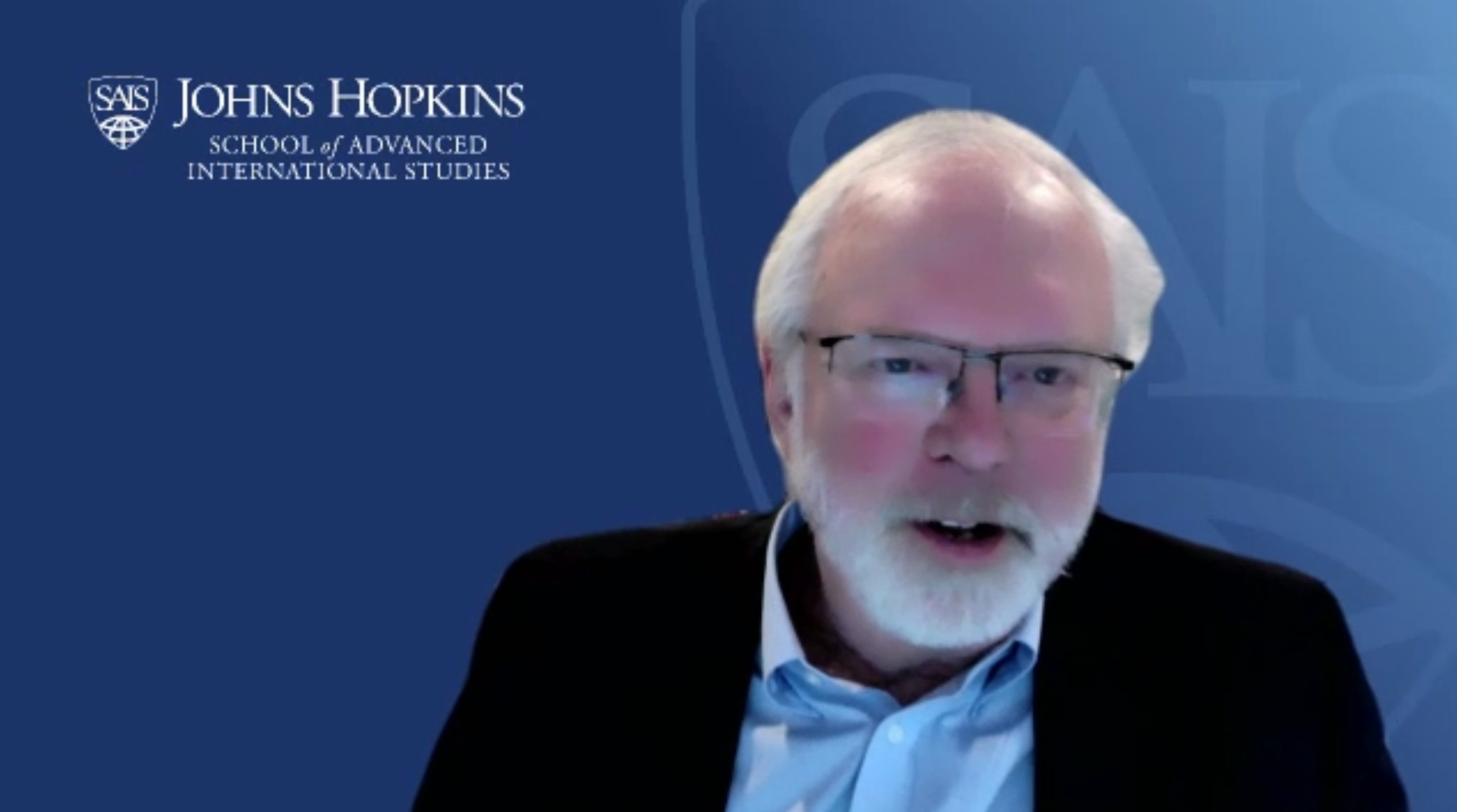
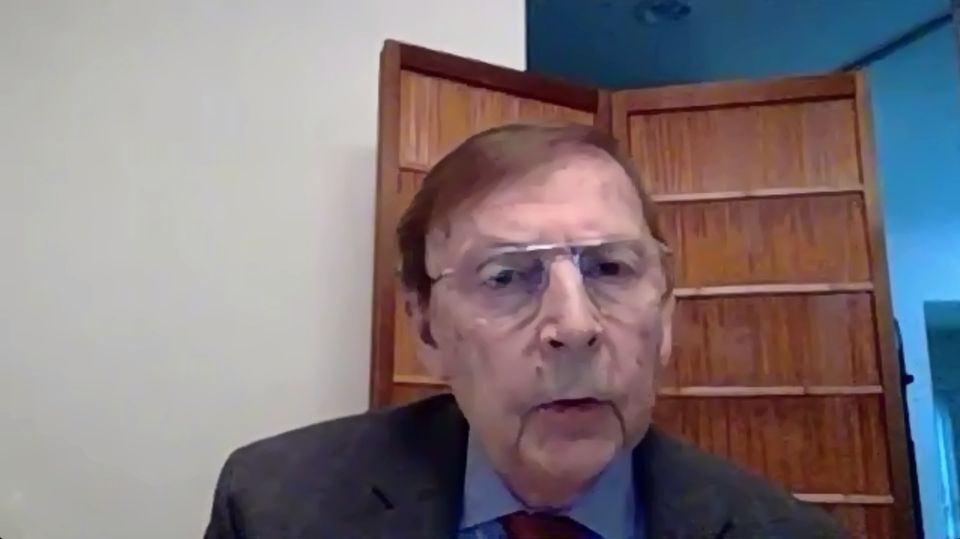
Categories
© 2025 The Edwin O. Reischauer Center for East Asian Studies at the Johns Hopkins School of Advanced International Studies (SAIS), a division of the Johns Hopkins University. All Rights Reserved.
Sitemap | Custom WordPress Design, Development & Digital Marketing by time4design.


